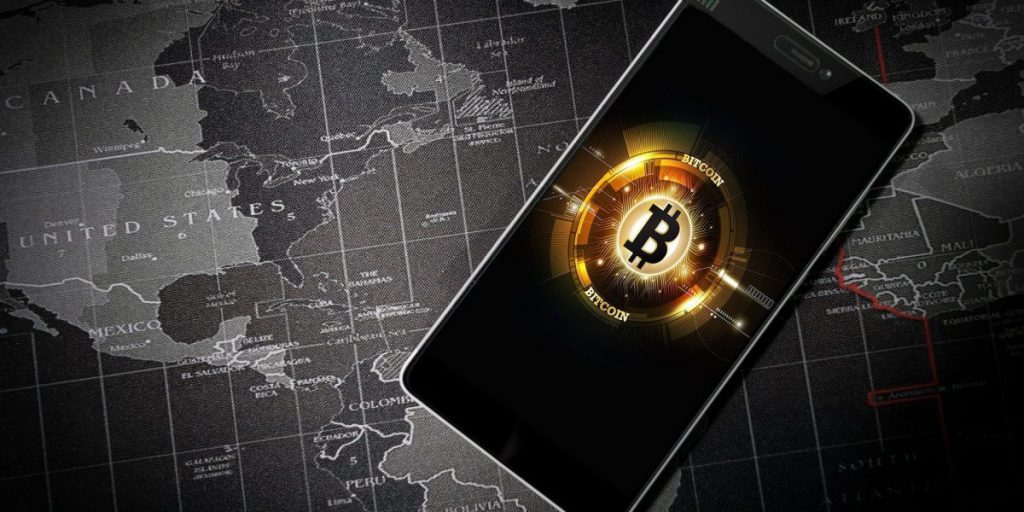- El Salvador is hosting central banks of some emerging economies to discuss financial inclusion with Bitcoin adoption.
- The IMF has been closely watching the country’s Bitcoin experiment and will probably have a close watch on this development as well.
El Salvador President Nayib Bukele doesn’t seem to be content enough with the Bitcoin adoption in his country. Earlier today, Bukele announced that tomorrow, May 17, he shall be hosting 32 central banks and 12 financial authorities from 44 different countries to discuss Bitcoin.
From a broader perspective, the meeting will seek to address financial inclusion as well as expanding banking across the world. Bukele wrote:
Tomorrow, 32 central banks and 12 financial authorities (44 countries) will meet in El Salvador to discuss financial inclusion, digital economy, banking the unbanked, the Bitcoin rollout and its benefits in our country.
He further wrote the names of all financial institutions whom he has invited. It includes central banking authorities from Nigeria, Egypt, Nepal, Pakistan, Bangladesh, Kenya, Uganda, Rwanda, Paraguay, Angola, Guinea, and Madagascar. This is a first-of-its-kind attempt to get so many central banks across the globe to discuss Bitcoin.
Furthermore, Mr. Bukele couldn’t have chosen any better time than this. Countries across the world are facing the pain of high inflation as well as economic uncertainty. At the same time, many countries are also feeling the pressure of paying debts.
In such a situation, countries are gaining trust in Bitcoin considering its solid performance over the last decade. However, one of the biggest issues with Bitcoin is extreme volatility. As the result, the IMF has issued a severe warning on owning such an asset as the country’s reserves. But this hasn’t yet deter El Salvador in its mission.
El Salvador’s Bitcoin move, a big gamble?
Last year, El Salvador made Bitcoin a legal tender and started accumulating BTC as part of its reserves. Reportedly, the country holds more than 2,300 Bitcoin to date. However, Bitcoin has been on a massive price correction since last November.
Thus, a majority of El Salvador’s BTC holdings are currently at a loss. So far, the government’s unrealized Bitcoin loss stands at around $40 million. This is more than the company’s next bond payment on its foreign debt, which is $38 million. The latest Bloomberg report mentions:
Bukele’s government spent about $105 million buying Bitcoins since becoming the world’s first government to make it legal tender in September, based on his announcements on Twitter. The crypocurrency has fallen 45% since the first purchase, cutting down the value of the nation’s 2,301 Bitcoins to about $66 million.
Bloomberg explains that El Salvador owes $382 million to bondholders in interest this year. July will be the heaviest month with a repayment of $183 million. As per the central bank, the country has $3.4 billion in reserves as of April 2022.
The government is also planning to raise $1 billion through Bitcoin bonds but hasn’t received quite a good response. The question is whether Bitcoin adoption is a smart move on part of El Salvador? Well, it’s too early to call anything.
But due to its extreme volatility, many people see Bitcoin as a store of value rather than as a mode of payment.
Related: 60% of El Salvador Bitcoin wallet users stopped using it after getting the free BTC: Report


